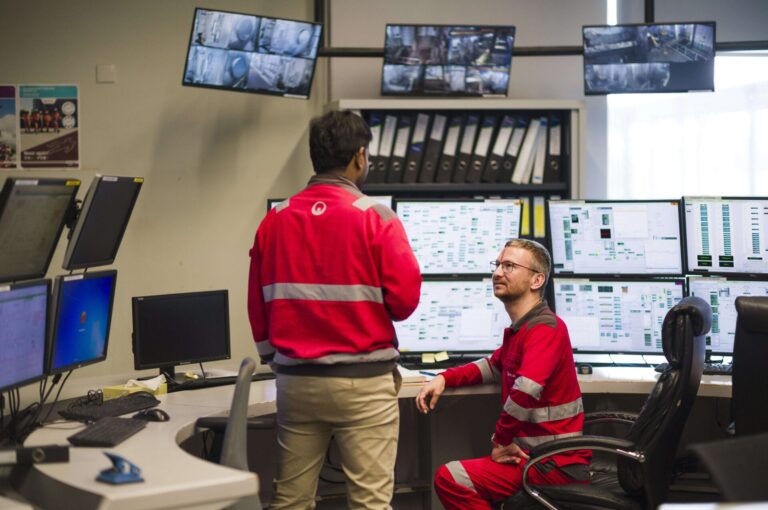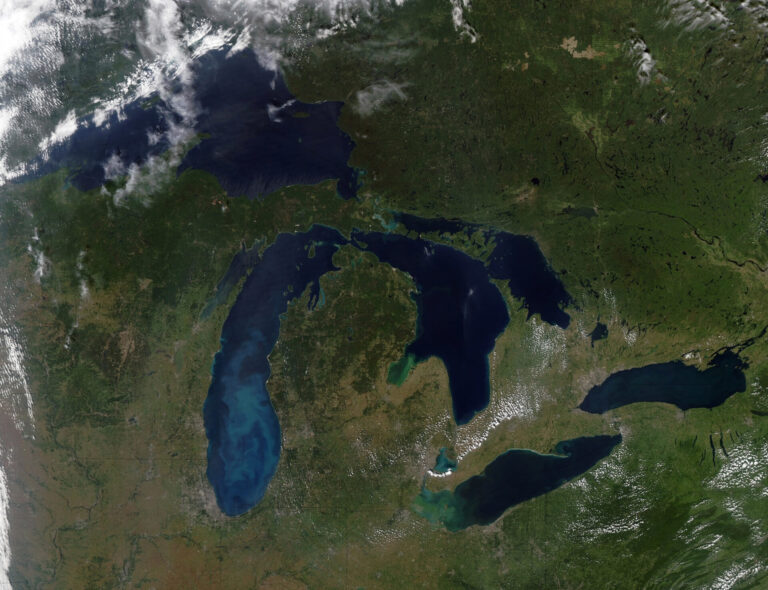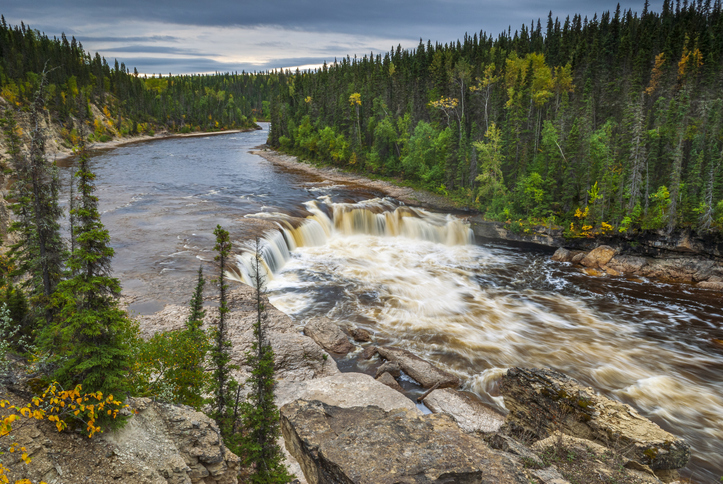Eighty per cent of Central America’s water supply comes from groundwater, and that includes some huge urban water supplies, says University of Calgary’s David Bethune. “With population growth, deforestation, and poverty, the stress on watersheds in Central America is huge,” he says. “The natural water balance is being altered, and a reduced natural recharge is affecting the groundwater supply.”
For a region that relies so heavily upon threatened groundwater supplies, Central America, like many developing countries, desperately lacks qualified individuals to make decisions about water use and management.
Bethune has witnessed many of the technical challenges in developing countries, which don’t often have the capacity to work with best practices for quality wells, sustainable withdrawals, and land management. Proper construction of boreholes and wells is a big problem, he says. There’s also a major disconnect between drinking water and sanitation. Long-term databases and monitoring programs are rare to non-existent. Relying upon foreign expertise is unsustainable, and is often not grounded in critical local contexts.
“We’re trying to address these challenges,” says Bethune.
A successful alternative
Bethune and his colleague, Cathy Ryan, were students when they started working with University of Waterloo professor Robert Farvolden. Widely regarded as the “grandfather” of Canadian hydrogeology, Farvolden had a vision, Bethune says. He believed that local people are central to effective water management—they just needed to be given the proper tools.
With funding from Canada’s International Development Research Centre, Farvolden initiated a program to train future hydrogeologists at the University of Costa Rica. In 1995, Bethune and Ryan travelled south to help begin the first project. In the first cycle, they had students from Colombia to Guatemala. Soon, there was a strong consensus that other countries would like to have similar programs. They continued the program in Guatemala, Nicaragua and, later, El Salvador, Honduras, and Bolivia.

As the current project director for the Central American Water Resource Management Network (CARA), Bethune now manages the Canadian International Development Agency (CIDA) funded program that supports six master of science programs in Central America. Each master’s degree program is two years and has a core curriculum in water resources science that emphasizes hydrogeology, plus a water management curriculum that covers the social, economic, institutional, and political aspects within the context of the region and each country.
Within a short period of time, the CARA programs are becoming self-sustaining. That, says Bethune, is the key. “The intention is independence from Canadian support. The people managing and developing water supplies are from their own country.” The program in Nicaragua has been particularly successful. CIDA has rewarded the initiative with additional funding for a project titled Community Water Management in Nicaragua and Central America, which Ryan is directing. The two are also involved in Hydrogeologists Without Borders (HWB), an organization formed to provide further assistance to CARA students and other similar programs and NGOs. HWB is currently funding five Central American master’s students in the field of hydrogeology in their own regions.
CARA in Bolivia: One student’s experience
Born in a rural indigenous community in Bolivia, Antonio Barroso is the Bolivian program’s first graduate, making him the first hydrogeologist trained in the country at a graduate level. With the knowledge that Bolivia has a lack of housing, water supply systems, roads, and hospitals, Barroso decided to study civil engineering. Working for the departmental government designing water supply systems, he realized just how serious Bolivia’s water issues had become. When he discovered the CARA program, he applied right away.
“Groundwater contamination is one of Bolivia’s biggest issues,” says Barroso. For his thesis, he looked to the small community of Villa Ingenio in El Alto, where a landfill was in the process of closing. “The community had shallow wells as a source of water,” he says. “They were concerned about drinking water being contaminated by the landfill. It was an urgent problem.”
Bethune says that building a culture of research into the program was very important. “Who is investing in these countries? International donor agencies are not often interested in continued research. There is often very little funding available from government,” he says. “Professors are often from outside of the country. These are reasons that CARA places an emphasis on field work and data collection dealing with the surrounding water supply.”
As a result, all students must do a field-based thesis, and Barroso’s faced many challenges. While the program made about $4,000 available for logistics and some sample analysis, he had to turn to stakeholders and negotiate. The team received funds from national and local government, universities, NGOs, private companies, and international corporations—eventually spending about ten times more than the original budget. In the end, all stakeholders received copies of the thesis and Barroso had developed a good relationship with the community.
Barroso says the CARA program has been an important part of his career. “Now, I have the opportunity to face larger projects related to hydrogeology and water projects in general,” he says. While his studies have brought him to Canada to pursue another master’s degree at the University of British Columbia, Barroso plans to return to South America. “I want to work for my people,” he says. “Local problems should be solved with local expertise.” WC
Kerry Freek is the editor of Water Canada.
Brendan Mulligan is a research associate with the Centre for Indigenous Environmental Resources. He spent over four years coordinating the CARA program in Bolivia.
In the spirit of Water’s Next, Water Canada’s annual celebration of excellence, Groundbreakersis a year-round column that celebrates progress and partnership in the Canadian water sector. It appears in every print edition. To suggest a profile, email kerry (at) watercanada (dot) net.









